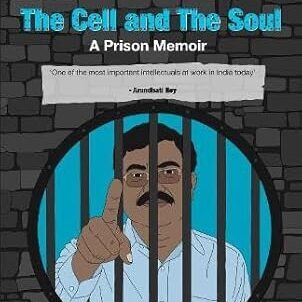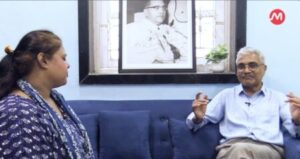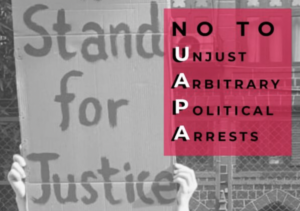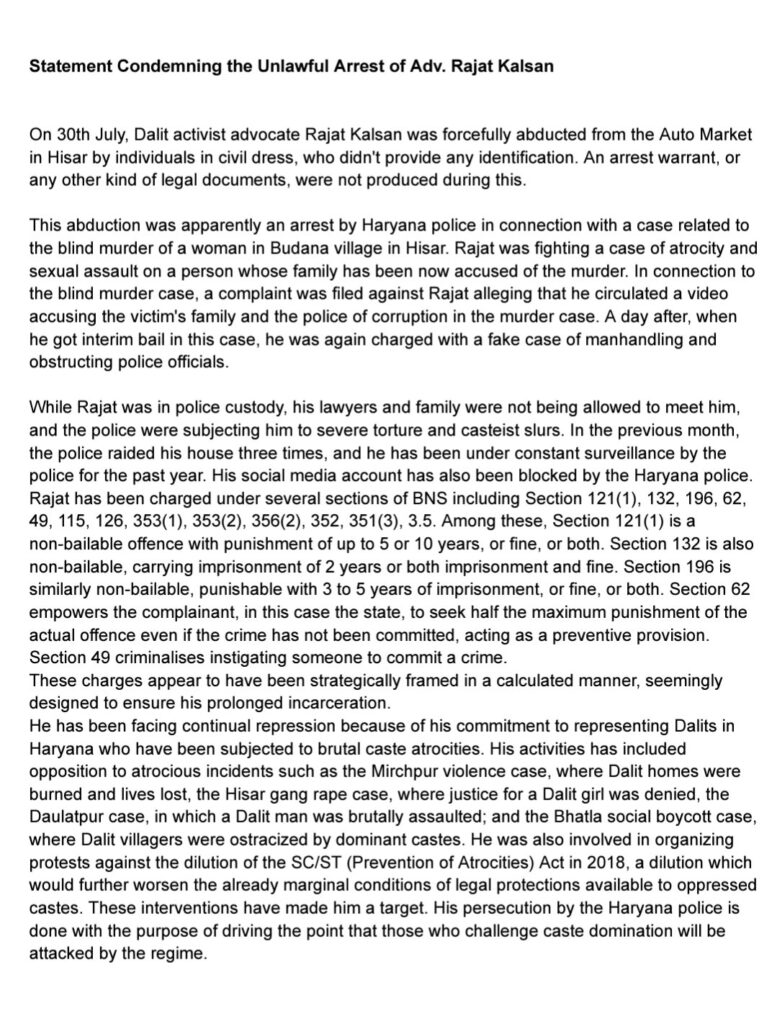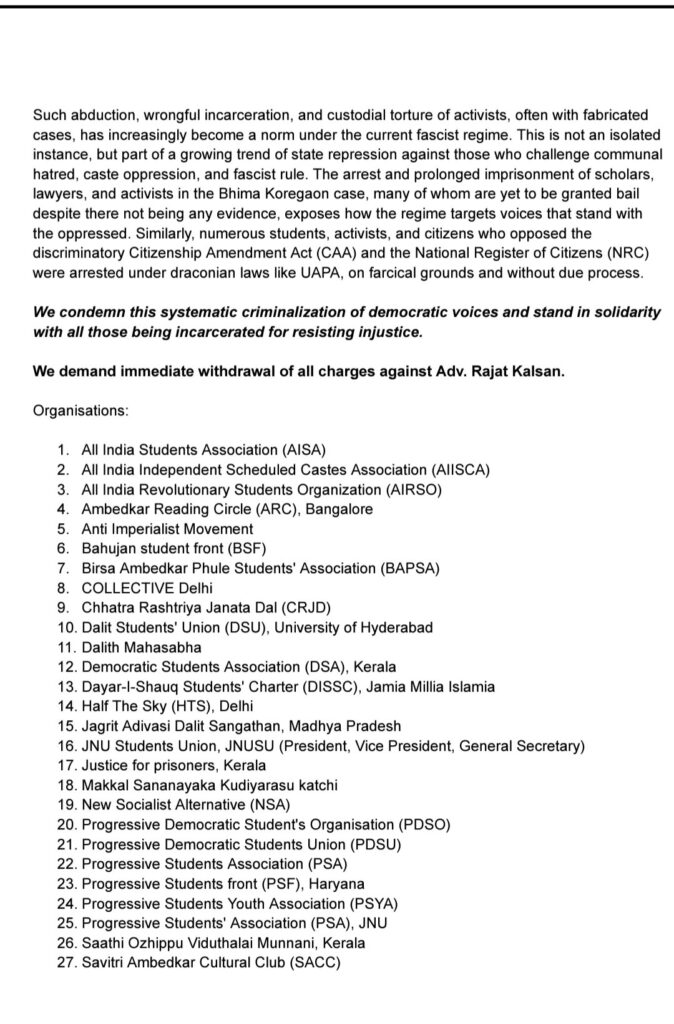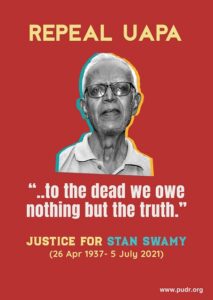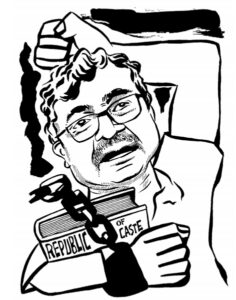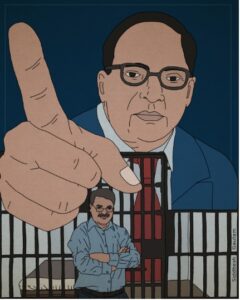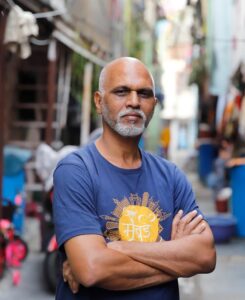In Photos: Lakhs Gather To Mark The Battle Of Bhima Koregaon / Dalit Assertion, and the Politics of Public Memory
In Photos: Lakhs Gather at ‘Jaystambh’ to Mark the Anniversary of Battle of Bhima Koregaon
02/01/2026
The Wire / by Atul Howale
On January 1, 2018, violence had broken out on the same anniversary, at Bhima Koregaon. Several writers, academics, lawyers and other intellectuals were arrested in connection with the case.
On Thursday, January 1, 2026, lakhs of followers gathered around the ‘Jaystambh’ in Pune, Maharashtra, to mark the 208th anniversary of the Battle of Bhima Koregaon. Every year, it is customary for Ambedkarite followers from Maharashtra and across different parts of the country to visit the site.
Read more
Bhima Koregaon, Dalit Assertion, and the Politics of Public Memory
02/01/2026
The Mooknayak / by Dr. Vikrant Kishore
Bhima Koregaon is not about settling the past. It is about insisting on a present in which Dalit dignity, memory, and presence are taken seriously.
Bhima Koregaon occupies a distinctive place in contemporary Dalit public life, not because it offers a settled historical consensus, but because it allows Dalits to gather, remember, and assert themselves in public without mediation. Each year on 1 January, large numbers of Dalits travel to the village near Pune to commemorate the 1818 battle and to mark what has come to be known as Shaurya Diwas. For many observers, the scale and persistence of this gathering remain puzzling.
Read more
Why 1818 Bhima Koregaon battle marks a flashpoint in 2026 Maharashtra civic polls
01/01/2026
The Indian Express / by Zeeshan Shaikh
Some parties are keen to be seen at this January 1 anniversary event during the election season, viewing it as a symbol of Dalit pride, constitutional values and social justice, while some others would stay away from it
As political parties in Maharashtra intensify their campaigns for the January 15 municipal corporation elections, a major public event is set to take place at Bhima Koregaon, a small village near Pune, on Thursday, which would be one of the state’s largest and most politically sensitive gatherings.
Every year on January 1, lakhs of Dalits assemble at Bhima Koregaon to mark the anniversary of the 1818 battle that they regard as a historic assertion against caste oppression.
Read more
Lakhs Gather At Jaystambh To Commemorate Battle Of Bhima Koregaon
01/01/2026
Free Press Journal / by FPJ Web Deshk
Maharashtra Deputy Chief Minister Ajit Pawar, Vanchit Bahujan Aghadi chief Prakash Ambedkar and many other leaders paid tributes at the Jaystambh
As in previous years, lakhs of people gathered at the Jaystambh in Perne village at Bhima Koregaon in Pune district on Thursday to pay tribute on the 208th anniversary of the battle of Bhima Koregaon.
Read more
How Dr. B.R. Ambedkar’s 1927 Bhima Koregaon Visit Turned New Year’s Day into Shaurya Diwas for the Bahujan
31/12/2025
The Mooknayak / by Geeta Sunil Pillai
What was once a marginal British commemoration morphed into an annual Dalit-Bahujan ritual. Followers began gathering at the Vijay Stambh every January 1, honoring the fallen with floral tributes, “Jai Bhim” chants, and recitations of the Constitution’s Preamble.
As the clock strikes midnight tonight, millions across India will usher in 2026 not just with fireworks and celebrations, but with a profound act of remembrance and resistance. For the Bahujan community, encompassing Dalits, Adivasis, and other marginalized groups, January 1 is no ordinary New Year’s Day. It is Shaurya Diwas, or Valour Day, commemorating the 1818 Battle of Bhima Koregaon and the transformative legacy of Dr. B.R. Ambedkar.
Read more
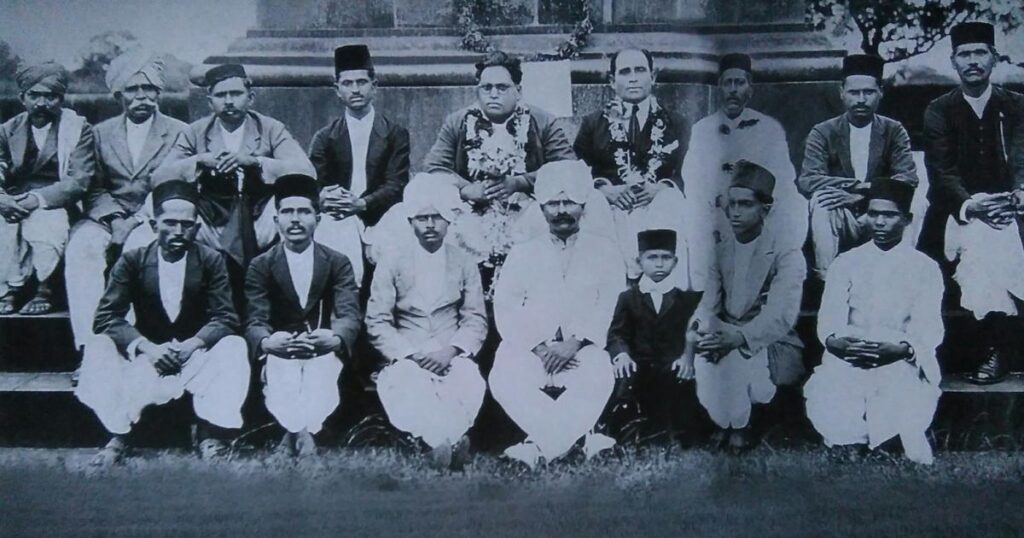
Also read:
▪ Beating Brahminism The Way 500 Soldiers of Bhima Koregaon Did (Velivada / Dec 2025)
▪ Alternative reading of Bhima Koregaon: A Maharashtra outfit is trying to advance Dalit cause from Hindutva orbit (The Indian Express / Apr 2025)
▪ Why caste Hindutva, not an Elgar conspiracy, is at the root of the Bhima Koregaon violence (The Polis Project / Feb 2025)
▪ 7 Years Later, Bhima Koregaon Revisited (Rediff.com / Jan 2025)
▪ Book Excerpt | How Bhima Koregaon Became a Trope for Dalit Pride and Assertion (The Wire │ by Ajaz Ashraf │ June 2024)
▪ Let’s Remember the Lesson of Bhima Koregaon: Down with the New Peshwai (Sanhati │ by Sudhir Dhawale │ March 2018)
▪ Remembering the oppressed: In Mauritius, thinking about the battle of Bhima Koregaon (Scroll.in / Dec 2018)
▪ Why peoples’ coalitions are uniting against Hindutva — the ‘new Peshwai’ (Dailyo.in │ by Arun Ferreira and Vernon Gonsalves │ Jan 2018)
▪ The Myth of Bhima Koregaon Reinforces the Identities It Seeks to Transcend (The Wire | Anand Teltumbde | Jan 2018)
▪ Bhima Koregaon: Dalits in Search of Icons from History (Clarion / Jan 2018)


